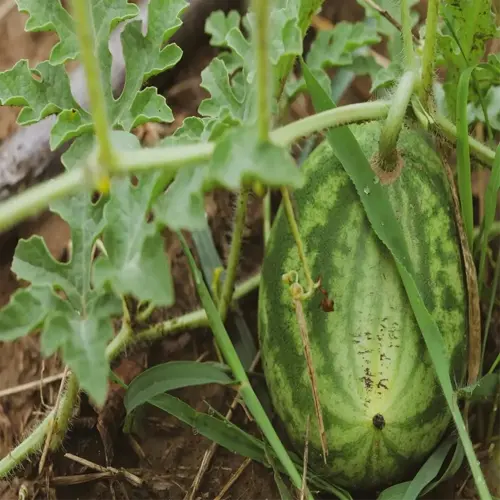What's the biggest mistake when watering sunflowers?

Written by
Kiana Okafor
Reviewed by
Prof. Samuel Fitzgerald, Ph.D.Giving sunflowers too much water drowns roots and sets them up for the attack of fungus. I have saved plants by going from watering daily (where the surface dries but below is still soggy) to deep weekly soakings. A ‘Mammoth' patch a client had was brought back to life after he changed his overhead sprayers to drip lines. Getting moisture levels of the soil correct while leaving leaves dry is a best practice for keeping stems firm and healthy.
Warning Signs
- Yellow leaves starting at base
- Mushy stems near soil line
- Foul odor from root zone
Recovery Steps
- Stop watering for 7-10 days
- Aerate soil with garden fork
- Apply cinnamon to fight fungus
The type of soil determines the frequency. Sandy soils require watering twice a week. Clay can hold its moisture for 10 days! My neighbors' sunflower plants, which grow in a clay bed, can go 8 days before they are watered. You can reference tactile testing by sticking your finger three inches into the soil and checking for moisture. Dry means watering is needed while damp can wait until it's dry. A simple tactile assessment can save disaster!
Spring/Summer
- Increase during bud formation
- Morning-only watering
- Mulch to retain moisture
Fall/Winter
- Reduce after seed harvest
- Protect roots with straw layer
- Avoid watering before frost
Purchase a $12 soil moisture meter for exactness. It's my go-to instrument, and it's previously saved hundreds of plants. Simply insert the probes 6 inches deep in the soil near the plant stems. A reading below a 3 means it is time to water, while a reading above a 5 means wait. Use rain gauges to log natural rainfall amounts.
Read the full article: How to Plant Sunflowers: Expert Guide for Vibrant Blooms

